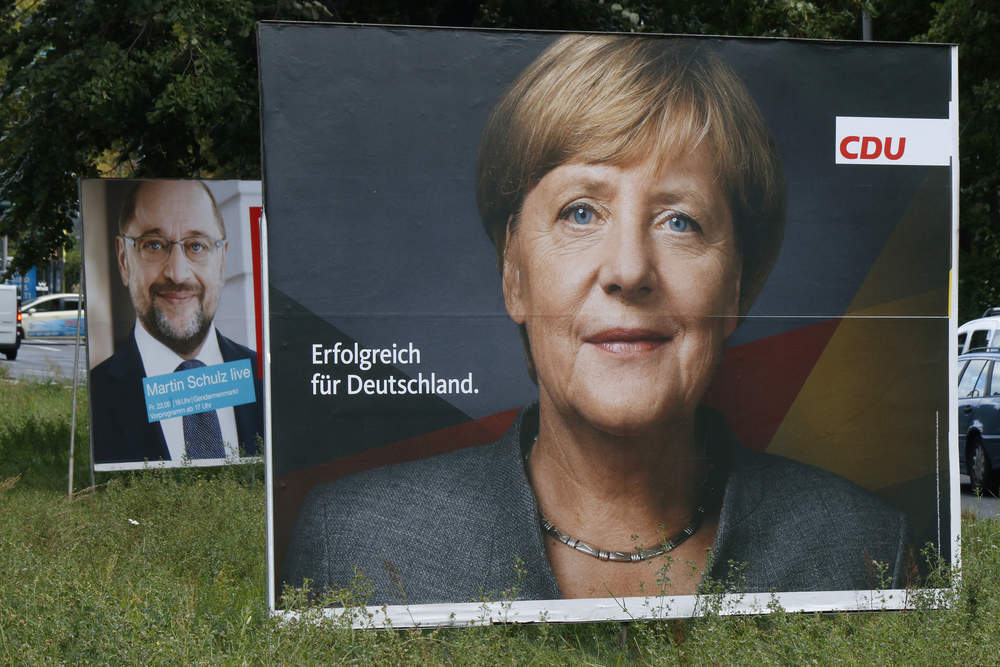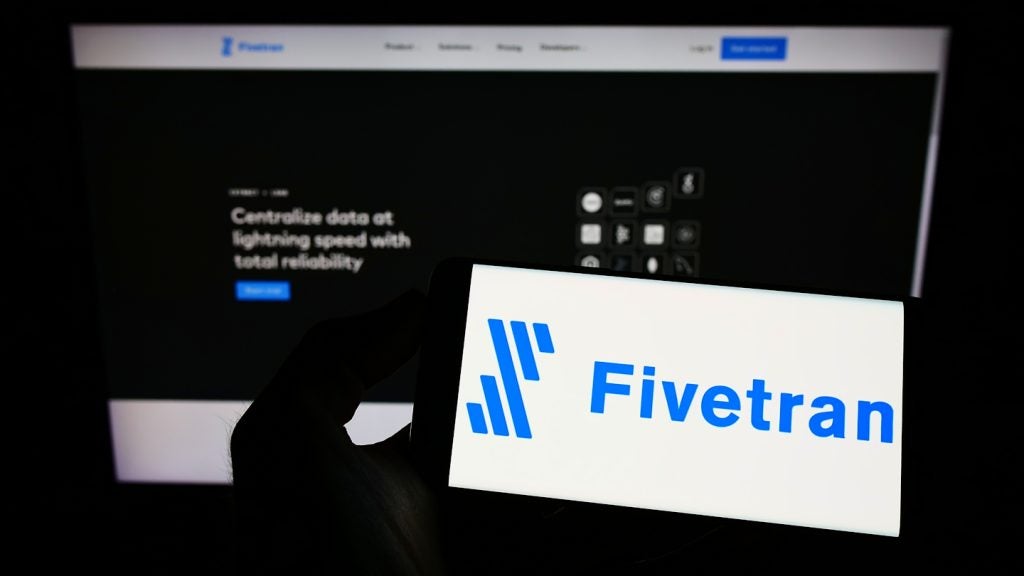
Good morning, here’s your Wednesday morning briefing to set you up for the day ahead. Look out for these three things happening around the world today.
May weighs Russia response
The UK’s Prime Minister Theresa May will this morning chair a meeting of her National Security Council to decide how to respond to Russia following the attack on former spy Sergei Skripal and his daughter in the city of Salisbury.
May is expected to unveil new sanctions against Russia, which might involve banning the state-funded Russian broadcaster RT from the UK.
Other measures suggested include freezing the assets of Russian business leaders and officials, limiting their access to London’s financial centre, expelling diplomats, targeted cyber attacks, and even withdrawl from the the Russian soccer World Cup later this year.
Last night Russia failed to explain by midnight how a Soviet-era nerve toxin was used to strike down a former Russian double agent in southern England.
Central banking fest in Frankfurt
There is a central banking fest in Frankfurt today, with European Central Bank (ECB) President Draghi, ECB chief economist Peter Praet, and the bank’s Vice President Vitor Constancio all speaking.

US Tariffs are shifting - will you react or anticipate?
Don’t let policy changes catch you off guard. Stay proactive with real-time data and expert analysis.
By GlobalDataWith the ECB’s massive stimulus programme slowly coming to an end, question marks remain over how it will communicate that to jittery financial markets.
Meanwhile, monetary policy hawks are asking long the ECB is planning to wait before raising interest rates.
German parliament approves Merkel’s grand coalition plans
The German parliament sits today to approve a new grand coalition led by would-be Chancellor Angela Merkel.
Merkel is due to be sworn in for her fourth term as Chancellor today, almost six months after national elections last September.
Both Merkel’s party and the SPD are facing internal calls to re-think policies and with the far-right Alternative für Deutschland now the biggest opposition party in parliament, the new government’s stability will likely be tested.
Today will bring to an end the longest period of coalition-building in Germany’s postwar history.







